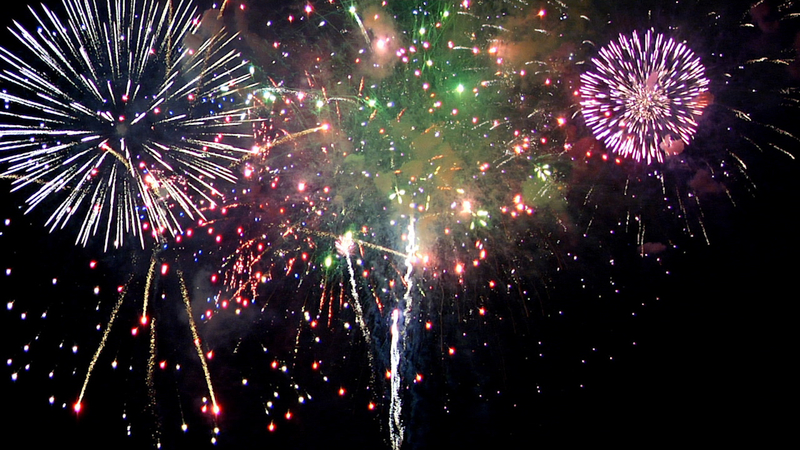
July 5, 2020; Matthew 11:25-30; 14th Sunday in Ordinary Time
This weekend we celebrate our national holiday, the Fourth of July. This is a time when we celebrate our pride in being American. There is much to be proud of, beginning with the occasion that this day commemorates: the decision by the American colonies to declare their independence from the King of England. And it was to the great credit of our founders that they based that independence not on an economic foundation, but on a moral one. As they famously wrote, “We hold these truths to be self-evident, that all men are created equal, that they are endowed by their Creator with certain unalienable rights, that among these are Life, Liberty, and the Pursuit of Happiness.” It is argued that this is the most famous sentence in the English language. It has had a profound effect on our country and on countries and governments throughout the world. The moral foundation which our founders chose is one among many reasons to be proud of being an American today.
It should be pointed out, however, that there are different kinds of pride. There is an absolute pride that insists that every aspect of America be celebrated and that any criticism of our country amounts to treason. Then there is a conditional pride, what I would call a “humble pride,” because it has the humility to admit that our country is not perfect and that there are aspects of our country we need to change. I believe that true patriotism is founded on humble pride. This view is reflected in many popular civic hymns. As you well know, “America the Beautiful” includes a petition, “God mend thy every flaw.” True patriotism realizes that there are flaws in our country and that recognizing them is our responsibility as Americans.
Now it is incumbent to us that we celebrate our Independence Day this year with humble pride. The last few months have drawn our attention to a profound flaw in our society – the sin of racism. It was not too long ago that people were suggesting that racism died with the end of slavery, or certainly racism came to an end when we elected a black President. But the last number of months has shown us that racism is alive in our country and is still causing harm. The racism I am talking about is institutional racism, those structures in our laws and customs that give preference to those who are white over those who are black. That preference is seen in wealth, education, housing, health care, and the exercise of both our legal and penal systems. Data that establishes such inequality has been present for decades. But it seems that this year is the year that Americans are beginning to understand the significance of the data and the harm done though such inequality. More of us are facing an uncomfortable truth: although we live in a country where we believe that all people are created equal, black Americans do not have equal access to life, liberty and the pursuit of happiness.
This discomfort is compounded for us who are followers of Jesus, because we know that our faith fully supports the equality that has been enshrined in the Declaration of Independence. It calls each one of us to do our part to oppose racism as it occurs among us. But here is the good news: in today’s Gospel, Jesus promises us that when we have to bear a burden, when we have to take up a heavy yoke and place it on our shoulders, we will be able to carry it with his help. His words today are words of hope. They tell us that as we strive to take up the responsibility of opposing racism, with God’s grace we can make progress. With the help of God and our own determination, we can lift up systems of racism and eliminate them from our society. This will not be easy. It will not be quick. But we have hope through Jesus’ words that it is possible.
On this Fourth of July we should celebrate with humble pride. We should celebrate all of the good things that are a part of being an American and also recommit ourselves to changing the things that must be changed in our society. In this way, working together with God’s grace, we can build an America where people are truly equal from sea to shining sea.
